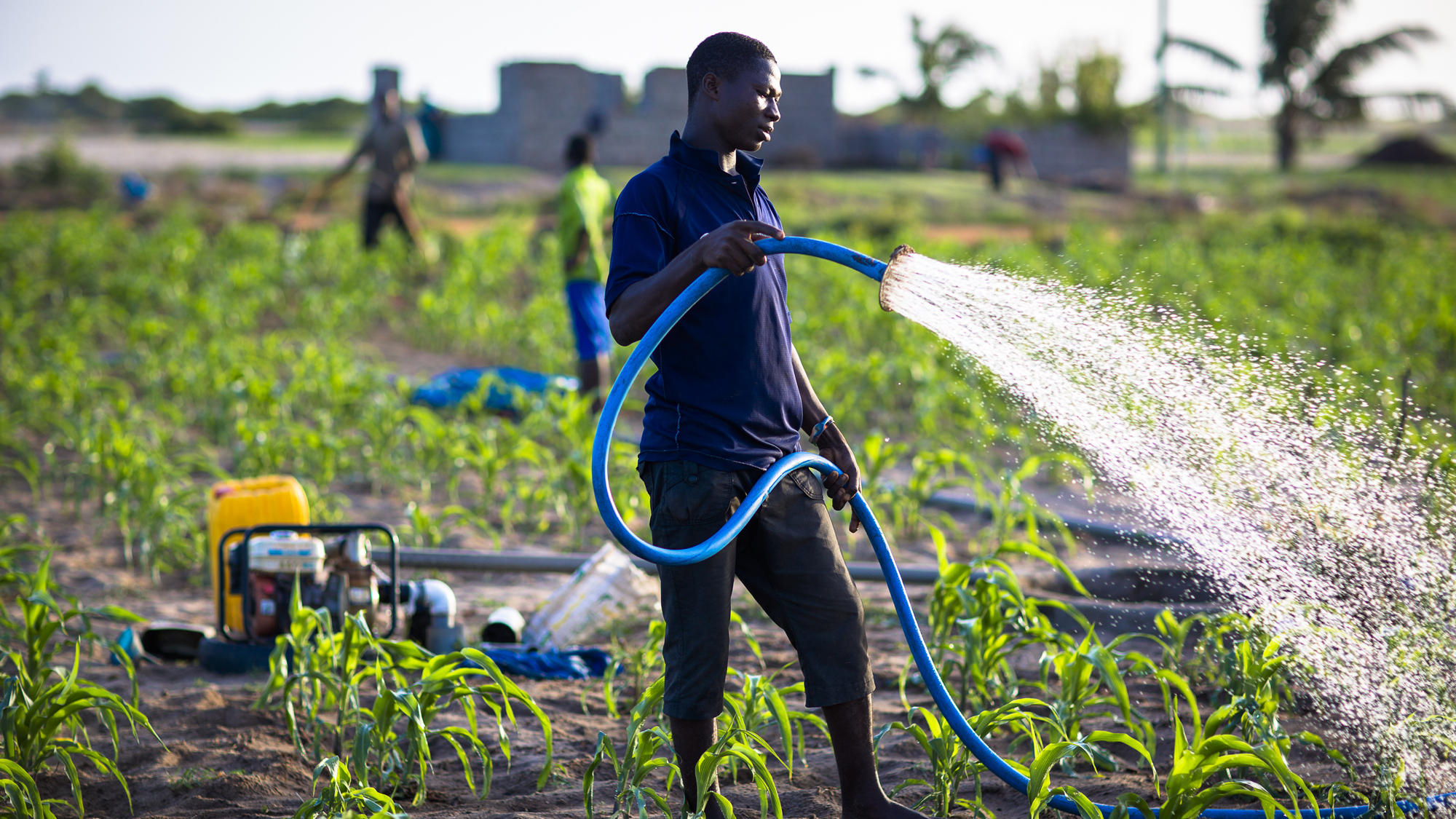Senior Economist at the Institute of Statistical, Social and Economic Research (ISSER), Professor Peter Quartery, has lauded Government for the intervention to lessen the economic and social impact of the coronavirus pandemic on citizens.
Despite the commendation, Prof. Quartey is also calling for an additional support targeted at people who have lost their jobs in the wake of the coronavirus disease.
“Anything to cushion a worker who has lost his job, I think, will go a long way to mitigate the effect of the pandemic otherwise we will find many people who have lost their jobs be in their homes and be suffering.
So, I think there should be something targeted at the middle skilled or the highly skilled who have lost jobs in this particular moment so that we don’t see crime rate going up, we don’t see starvation, we don’t see people committing suicide”, he emphasised.
He however admitted that Government has a limited physical space which will require it to look elsewhere should it decide on any additional support.
The economic professor made these remarks while speaking on the ‘Business Focus’ show on TV3 on Monday, April 6, 2020.
Covid-19 Interventions
President Akuffo-Addo, on Sunday, April 5, 2020, announced some covid-19 interventions to lessen the impact of the coronavirus on individuals and businesses in Ghana.
The interventions included a 50% percent salary allowances, a GH₵350,000 insurance package, free transportation service a tax waiver on salaries for the front-line health workers engaged in the combat against the deadly virus.
Furthermore, each of the contact tracers will also receive a daily allowance of GH₵150.
In addition to this, the President also announced that Government will absorb the water bills for all Ghanaians for a period of three months.
Aside from the above, Government is also giving out GH₵600 million to micro, small and medium scale enterprises as “soft loans scheme”.
This, according to the President, will be conducted in collaboration with the National Board for Small Scale Industries (NBSSI), Business and Trade Associations as well as Rural and Commercial Banks.
The loan, he said, will however have a one-year moratorium and two-year repayment period.
Additionally, the President has directed the Ministry of Gender, children and social protection, the local Government Ministry and National Disaster Management Organisation to provide food packages to about 400,000 individuals and homes affected by the lockdown.
Further interventions
These interventions, Prof. Quartey remarked, are laudable but adds that more ought to be done.
”I think that it is a good gesture but I think that there is still more room for improvement because if you look at the economy, there are many others who have either lost their jobs or are going to in the next month or two”, he said.
Lending rate reduction
Reacting to the announced 2% percent reduction in lending rates by the Ghana Association of Bankers, Prof. Quartey says it is okay for banks to dish out loans at lower interest rate, but the challenge is in the ability to service those loans.
“Accessing loans at lower interest rates is very good, banks need to go beyond the just providing loans. They need to also look at the ability of people to service their loans.
“I mean if you are giving loans to institutions or organisations at lower interest rates that is very good, but then if you are going to produce and there is no demand for the service or product, if you are exporting, for instance, and now you can’t export as much as you could and if you are producing for a certain segment of society and whatever you produce cannot be bought because there is a lockdown, you will not be able to service your loans.
On whether or not the banks have the capacity to meet the demand for loans owing to the reduction in interest rates, Prof. Quartey remarked that the banks now have enough liquidity and so there will be no issue when it comes to that.










